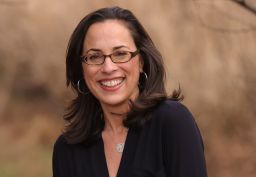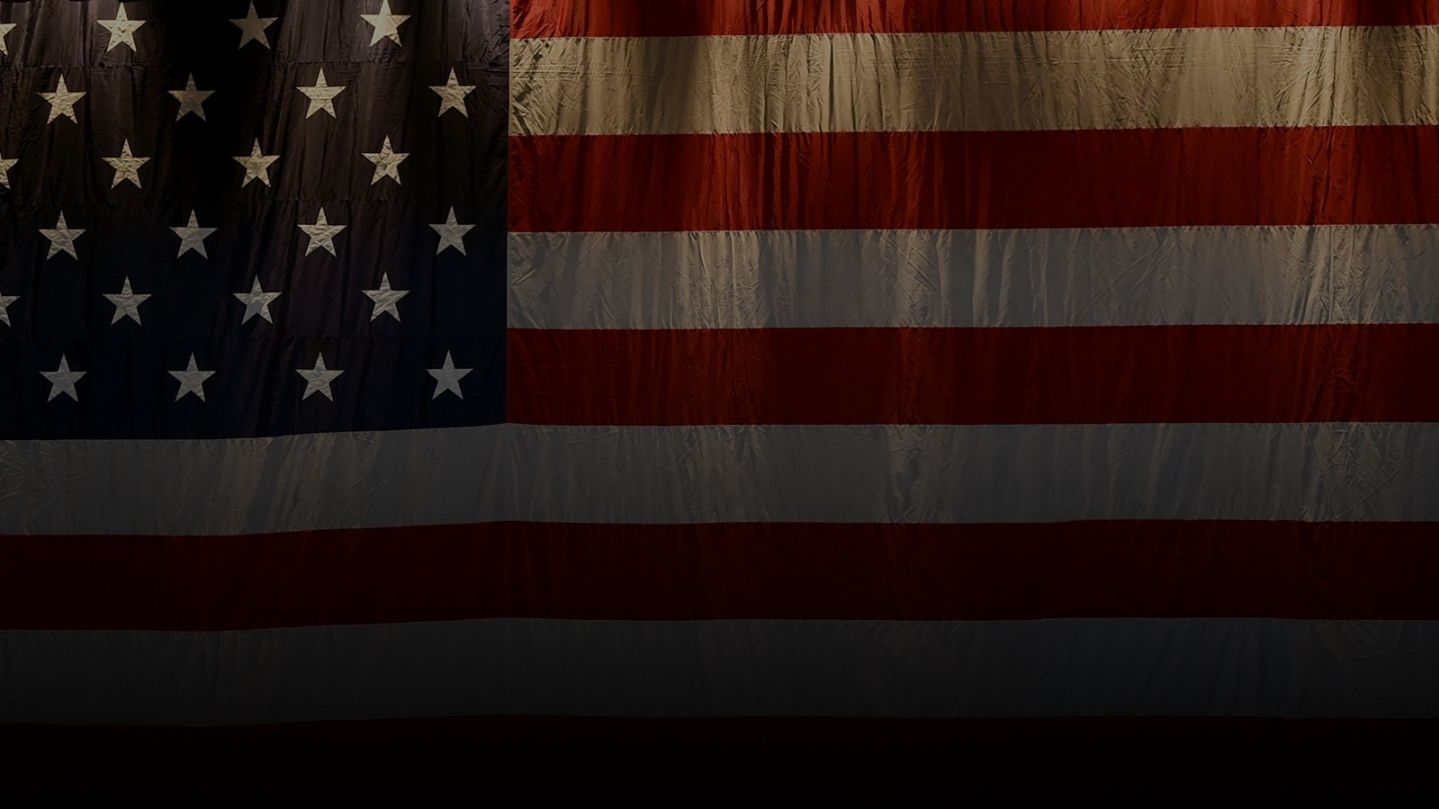If you think the ongoing immigration debates don’t apply to you, Jennifer Mendelsohn has some news: They probably do.
Mendelsohn, a journalist, author and passionate genealogist, has been using people’s public family history to beat back some of the uglier claims about immigrants and how they fit into US history.
She calls it #resistancegenealogy, and it only takes a few online tools and some instinctive sleuthing for her to call out public figures who oppose common forms of immigration.

Most recently, the movement has set its eyes on Stephen Miller, President Donald Trump’s top policy adviser.
Miller was an architect of the administration’s poorly-received “zero-tolerance” immigration policy, as well as Trump’s controversial 2017 “travel ban” that affected some Muslim-majority countries. Miller also raised eyebrows that year for the extended debate he held with CNN’s Jim Acosta during a White House briefing.
“I challenge any news organization here: Do a poll, ask these questions,” Miller said, after saying he thought voters would want the immigration system changed. “Do you think we should favor applicants to our country who speak English, yes or no?… Do you think we should prioritize people based on skill?”
Turns out, Miller is a descendant of immigrants who did not speak English, according to Mendelsohn’s research. She unearthed that tidbit after said press briefing, when she found a 1910 Census record that she said notes the language skills of Miller’s immigrant great-grandmother.
This week, another document regarding Miller’s family began to recirculate: His great-grandfather’s naturalization test, which the genealogist who found it last summer points out was rejected due to “ignorance.”
Miller is just the latest political figure or talking head to get the #resistancegenealogy treatment.
Earlier this year, conservative pundit Tomi Lahren shared her thoughts on immigration during an interview with Fox News. “You don’t just come into this country with low skills, low education, not understanding the language and come into our country because someone says it makes them feel nice,” she said. “That’s not what this country is based on.”
It didn’t take long for Mendelsohn to swoop in with some fascinating facts about Lahren’s own ancestors.
“Except the 1930 census says Tomi’s 3x great-grandmother had been here for 41 years and still spoke German,” Mendelsohn tweeted, along with some records. “Her 2nd great-grandmother had been here for 10 yrs. Spoke no English.”
Making facts go viral
Mendelsohn’s latest work on Tomi Lahren was retweeted more than 26,000 times. That’s not uncommon; she’s been putting out viral genealogy facts about public figures for more than a year now.
“I think the first person I worked on was Steve King,” Mendelsohn says of the Iowa congressman who in March 2017 said, “You cannot rebuild civilization with somebody else’s babies.”
“I kept thinking, this is ridiculous,” she told CNN. “How do these people think they have a leg to stand on, looking down on immigrants when so many American people have an immigration story in their history?”
Sure enough, her research pointed her toward King’s own immigrant history: His 4-year-old grandmother and her two young siblings arrived at Ellis Island in 1894, she found.
Mendelsohn pulled out similar historical receipts for Dan Scavino, the White House social media director. Scavino early in 2018 voiced his opposition to chain migration, by which families immigrate to a country in small groups over time.
It only took a few hours for Mendelsohn to trace Scavino’s roots in America back to 1904, when, she tweeted, his great-grandfather’s brother became the first of several Scavinos to immigrate from Italy in very similar fashion.
Proving prejudice is nothing new
Mendelsohn said her project isn’t about shaming people with their immigrant history. It’s quite the opposite, she said.
“It shows how universal immigration is in so many American stories. Some people who’ve been in the country longer, it may not feel that close and it’s easy for them to forget.”
The obituaries, marriage announcements, ship manifests, historical archives, government documents and Census data Mendelsohn uses don’t forget as easily.
Mendelsohn’s projects also help people realize that some of the more negative narratives of modern immigration aren’t actually that modern at all.
“So many people today are sort of looking askance at the next wave of immigrants and pearl-clutching, trying to put limits on them and what they may contribute to modern society. And I just laugh at that, because the same exact things were said about their ancestors 100 years ago,” Mendelsohn says.
In Scavino’s case, she pointed out on Twitter that his Italian immigrant ancestors were viewed with the same type of prejudice that today’s anti-immigration hard-liners sometimes cast on African, Hispanic or Middle Eastern immigrants.
And yes, there is an element of race at play that is difficult to pin down through family trees or vintage political cartoons.
“There’s a fear that immigrants are getting browner,” Mendelsohn says. “When the Steve Kings of the world talk about ‘someone else’s babies,’ they’re not talking about a little German baby like his grandmother was.”
Uncovering a shared history
When Lahren criticized Dreamers and their families as not “law-abiding citizens,” Mendelsohn was quick to point out Lahren’s own ancestor was indicted for forging naturalization papers, according to her research.
While Mendelsohn’s followers have certainly enjoyed the apparent hypocrisy she has uncovered, there’s another, perhaps more productive side to #resistancegenealogy: Appreciating the brave, painful, diverse immigrant stories that made so many people Americans.
Mendelsohn herself is descended from Jewish ancestors.
“In my own family story, some of the people who chose not to immigrate lost their lives,” she said. “These things have real consequences.”
Mendelsohn hopes that embracing immigrants as a fundamental part of America – whether they are fleeing persecution, war or famine; whether they are coming for opportunity, safety or freedom; whether they hail from Mexico or Southern Europe or the Middle East – can help people see familiarity where they initially saw division.
“This is something that Tomi Lahren and I have in common. Something that Dan Scavino and I have in common,” Mendelsohn says. “To me, it is just such a fundamental and beautiful piece of being American.”
CNN has reached out to King, Scavino and Lahren for comment but hasn’t heard back.




